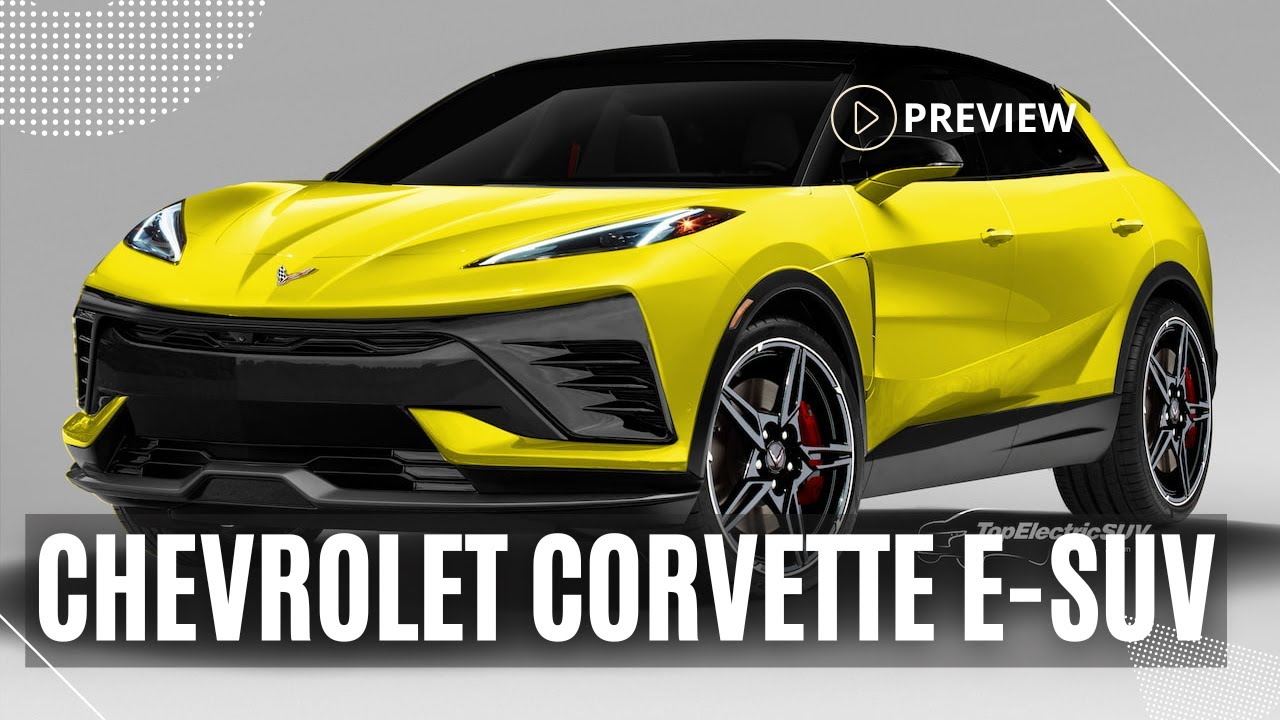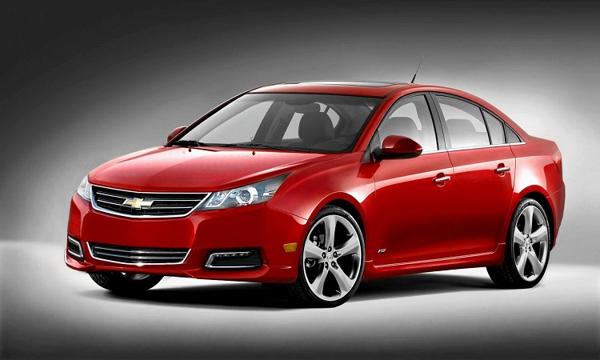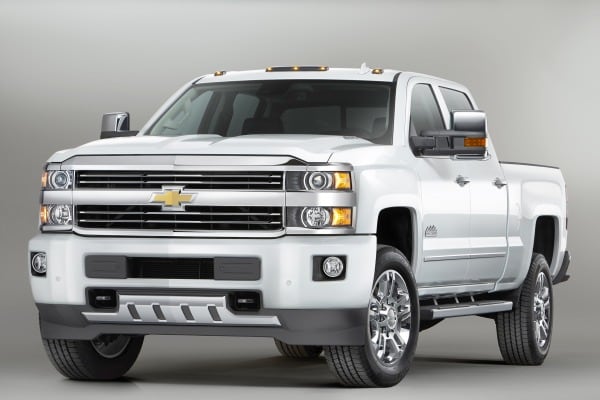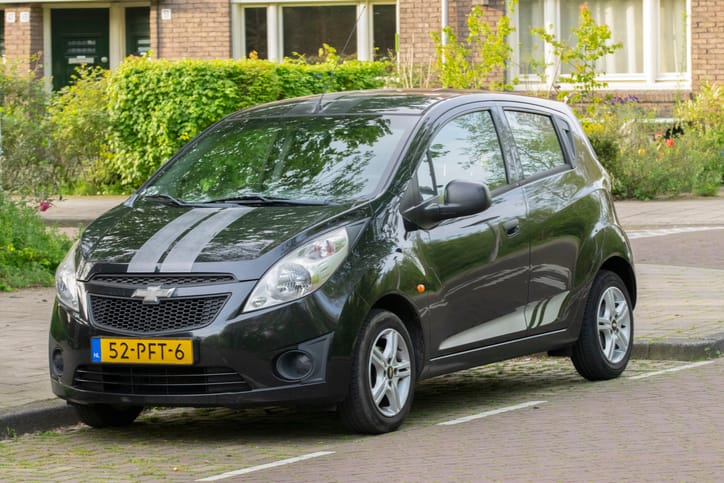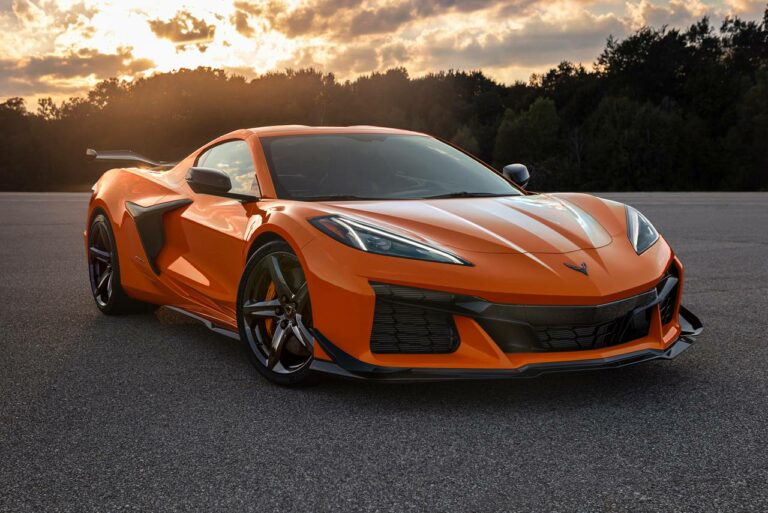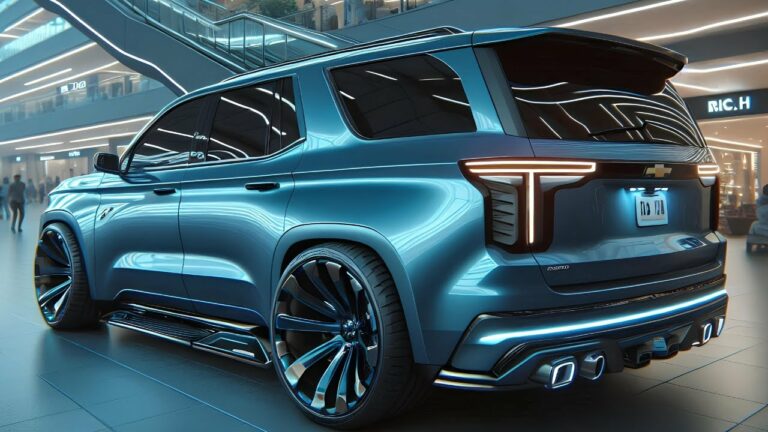2026 Chevy Corvette EV: Unveiling the Electric Future
The automotive world eagerly anticipates the arrival of the 2026 Chevy Corvette EV, poised to revolutionize the electric sports car landscape. As General Motors embarks on this electrifying journey, speculations about its pricing strategy have ignited curiosity among enthusiasts and industry experts alike. Join us as we delve into the projected price range, competitive dynamics, and market factors that will shape the financial destiny of this highly anticipated vehicle.
Beyond its sleek exterior and cutting-edge technology, the 2026 Corvette EV embodies a profound transformation in the Corvette legacy. Its electric powertrain promises exhilarating performance while maintaining the iconic spirit that has captivated generations of drivers. As we approach its market debut, let’s explore the intricate factors that will determine its price point and its impact on the automotive industry.
Historical Pricing Trends

To gain insights into the potential pricing of the 2026 Corvette EV, it’s beneficial to examine the pricing history of previous Corvette models. By identifying patterns and trends, we can make informed predictions about the upcoming electric vehicle.
Over the years, the Corvette has undergone significant technological advancements and changes in the automotive industry, all of which have influenced its pricing. These factors will continue to shape the pricing of the 2026 EV.
Pricing Patterns
- The Corvette has consistently been priced higher than its competitors, such as the Ford Mustang and Chevrolet Camaro.
- The price of the Corvette has generally increased with each new generation, reflecting advancements in technology and performance.
- Special edition and high-performance variants of the Corvette, such as the Z06 and ZR1, command a premium price.
Technological Advancements
Technological advancements have played a significant role in shaping Corvette pricing. The introduction of new features and technologies, such as fuel injection, electronic fuel management, and advanced suspension systems, has driven up production costs and, consequently, the price of the vehicle.
Automotive Industry Changes
Changes in the automotive industry, such as increased competition, globalization, and the rising popularity of SUVs, have also influenced Corvette pricing. The Corvette has faced increased competition from both domestic and foreign manufacturers, which has put pressure on its pricing.
Market Demand and Supply
The demand for electric sports cars is on the rise as consumers become more environmentally conscious and governments offer incentives for EV adoption. The Chevy Corvette EV is well-positioned to capitalize on this growing demand, as it offers performance and style that rivals gasoline-powered sports cars.
However, the supply of electric sports cars is still limited, and this could put upward pressure on prices. In addition, the availability of charging infrastructure is still a concern for some consumers. As the charging infrastructure improves and more electric sports cars are produced, the price of the Chevy Corvette EV is likely to come down.
Consumer Preferences
- Consumers are increasingly interested in electric vehicles, and this is likely to continue in the coming years.
- Electric sports cars offer several advantages over gasoline-powered sports cars, including lower operating costs, reduced emissions, and instant torque.
- The Chevy Corvette EV is likely to appeal to consumers who are looking for a high-performance electric sports car.
Government Incentives
- Many governments offer incentives for EV adoption, such as tax breaks and rebates.
- These incentives can make electric vehicles more affordable for consumers.
- The Chevy Corvette EV is likely to qualify for some of these incentives, which could make it more affordable for consumers.
Availability of Charging Infrastructure
- The availability of charging infrastructure is a key factor in the adoption of electric vehicles.
- The Chevy Corvette EV will need to be able to travel long distances without running out of power.
- The availability of fast-charging stations will be important for the Chevy Corvette EV, as it will allow consumers to quickly recharge their vehicles.
Production Costs
The 2026 Chevy Corvette EV’s production costs are anticipated to be considerable, due to the expensive materials, specialized labor, and advanced manufacturing techniques needed to produce an electric vehicle with the Corvette’s performance and aesthetics.
Key materials like lightweight composites, advanced electronics, and high-performance batteries will likely account for a significant portion of the costs. Moreover, the specialized labor required for assembling and testing electric vehicles will further contribute to the overall production expenses.
Manufacturing Processes
The Corvette EV’s production process is expected to leverage cutting-edge manufacturing techniques to achieve both efficiency and precision. Advanced robotics and automation will likely be employed to streamline assembly, ensuring consistency and quality. Additionally, innovative production methods, such as additive manufacturing (3D printing), could be utilized for specific components, reducing waste and enabling complex designs.
Cost Comparison
In comparison to competitors, the Corvette EV’s production costs may be higher due to its focus on performance and premium materials. However, Chevrolet’s economies of scale and efficient manufacturing processes could potentially mitigate these costs, making the Corvette EV competitive within its segment.
Consumer Perception

The 2026 Chevy Corvette EV’s price range is expected to influence consumer perceptions significantly. Market research and industry insights suggest that potential buyers will evaluate the price against their expectations for performance, brand loyalty, and environmental concerns.
Consumers who are loyal to the Corvette brand may be more willing to pay a premium for the EV version, particularly if it delivers on the performance and driving experience they expect from the Corvette nameplate.
Performance Expectations
The performance capabilities of the 2026 Chevy Corvette EV will play a crucial role in shaping consumer perceptions of its price. Buyers who prioritize acceleration, handling, and top speed may be willing to pay more for a vehicle that meets or exceeds their expectations in these areas.
Environmental Concerns
The environmental friendliness of the 2026 Chevy Corvette EV could also influence consumer willingness to pay. Environmentally conscious consumers may be attracted to the EV’s zero emissions and reduced environmental impact, potentially justifying a higher price point for them.
Questions and Answers
What is the estimated price range for the 2026 Chevy Corvette EV?
Industry analysts and expert estimates suggest a projected price range between $100,000 and $150,000 for the 2026 Chevy Corvette EV.
How does the Corvette EV’s pricing compare to its competitors?
The Corvette EV is expected to compete with electric sports cars like the Tesla Roadster, Porsche Taycan, and Audi e-tron GT. Its pricing strategy will likely position it competitively within this segment.
How has the pricing of previous Corvette models influenced the projected price of the EV?
The Corvette has a history of gradual price increases over time, reflecting advancements in technology and performance. This trend provides insights into the potential pricing strategy for the 2026 EV.
What factors could impact the final pricing of the Corvette EV?
Battery technology, production costs, market demand, and competitive dynamics are key factors that could influence the final pricing of the 2026 Chevy Corvette EV.
